The Townsend Insurance Blog |
|
Wondering how much you should be paying for homeowners’ insurance? In this article, we’ll explain what kind of prices you should expect in 2021 as well as some factors that can affect how much you should expect to pay for homeowners’ insurance. Wisconsin Homeowners Insurance Prices to Expect in 2021 In 2020, Wisconsin homeowners paid an average of about $800 a year for their home insurance premiums compared to the national average of around $1450 per year. Just to give you an idea of how expensive home insurance can be, the most expensive states for homeowners in 2020 were Kansas, Oklahoma, Texas, and Nebraska where premiums were anywhere from $2,500 - $3500 per year. Home insurance rates will not only vary by state but by your city and zip code as well. 7 Factors That Can Affect How Much You Pay for Home Insurance Home Location As just explained, your location plays a big part in how much your premium may cost you. In fact, did you know that insurance companies look at the ability to extinguish a fire when determining rates? This means your rates are determined by things like how far the house is from the nearest fire hydrant and the nearest fire station. Generally, the more rural you go, the higher you will you have to pay for home insurance because you will most likely be further away from a fire hydrant or fire station. Home Age Generally, as a home gets older and older more considerations have to be made to determine a rate. Older homes built in the 1900s can be more expensive to rebuild, compared to a newer home, in the event of a catastrophic loss. Even if a home is considered new, poor maintenance by the previous homeowner can also cause the new buyer a host of issues. In addition, newer homes often get a new home discount that can help the rate quite a bit. There are many additional factors in relation to the age of the home that can come into play beyond just these few. Home Size The larger and more square footage a house has the more expensive it will be to rebuild it. This means you will most likely have to pay more for home insurance. It’s important to understand that how much you paid for your home shouldn’t be a concern in terms of determining how much coverage to buy. Rather than considering the price you paid, consider the features and details of the home to help determine what it would cost to rebuild it. A house on one side of the street with a panoramic ocean view will have a purchase price to reflect that. If that same house is put on the other side of the street with no view it will still cost the same amount to rebuild it. Home Materials What structure was your home built on? Do you have a wood stove in your home? What material is your roof? Obviously, brick and stone are materials that are more fire-resistant than wood which means if your home is primarily built on a wood framed structure or has a wood burning stove, you should expect to see a higher insurance premium. Some insurance carriers don’t consider wood stoves to be a risk. Others may even give you a better rate if you purchase a fire extinguisher, add smoke detectors to your kitchen, and have your stove routinely checked by a professional. Be aware that homes with wood, vinyl, and aluminum siding tend to be on the more expensive side when it comes to home insurance premiums. Previous Claims If you’ve had a claim on a previous home or even renters’ insurance policy in the past 3 years, it might affect how much you pay for insurance. Buying a new home? Know that claims follow the homeowner, not the house. So, if the previous owner had a claim, it might show up in the claims history report, but it should not affect your insurance rate. Coverages Almost all insurance policies are unique. While some are similar, there are lots of variables that can make them extremely different. For example, you might have certain collectible items, such as a wine, art or gun collection, or items you’d like additional protection on such as a wedding ring or other jewelry. The point is, there are different coverages that ensure these types of items and may be of interest to you depending on your needs. Just know that the amount of individual coverage limits you decide to select will pay a significant role in how much your homeowners’ insurance policy will cost. Credit Based Insurance Scoring You’ve probably asked this questions yourself before - Does your credit rating impact your insurance rates? The answer is yes, but your credit is just one of many factors that is part of what many insurance companies use called an “insurance score” system. While many are often surprised to learn this, the practice of credit-based insurance scoring actually dates way back to the early 90’s when studies conducted by FICO showed that there is a correlation between a person’s credit score and how likely it is that person will file an insurance claim. Another factor in this insurance score system is how long you’ve stayed with your insurance company over time. There are additional factors as well, but it isn’t data that is shared with too many people outside of the company and the insurance commissioner. These factors are all very important things to consider and be aware of, but they are just a few of many other elements that can impact the price you pay for a home insurance policy. Have any additional questions or concerns? Give us a call or send us an email! We’re happy to help with all of your insurance needs. How Much Should I Pay for Home Insurance? Determining how much you should expect to pay for home insurance can be difficult and daunting. You’re also most likely wondering – What will happen if I need to file a claim? How fast is claim response? Do I have enough coverage? Do I even have the right coverage? These are all quite common worries that might flash in your mind. As an independent insurance agency, Townsend Insurance is here to help guide you through the process of finding you the coverage that fits your needs at a fair and competitive price. If you’re looking to purchase home insurance right here in Wisconsin, we’d be happy to set up a home insurance policy for you. Our services will not only save you valuable time and energy, but we can answer all of your specific “what if” questions as well. Give us a call today!
0 Comments
Comprehensive insurance coverage is just one of many pieces that are part of your car insurance policy. With so many different moving pieces, insurance can understandably become very confusing. Would you be able to tell someone the difference between comprehensive and collision car insurance coverage? Do you know what each of those covers in the event your vehicle is damaged? The purpose of this post is to help you understand what comprehensive insurance is and whether or not it is worth it for you to include in your auto insurance policy. What Does Comprehensive Insurance Cover? Comprehensive coverage can pay to cover just about any random damage to your car caused by events out of your control. Some of the most common damages comprehensive auto insurance covers include damages caused by natural disasters (hurricanes, tornadoes, hail damage, lightning strikes, wind damage, and flash flooding), earthquakes and landslides, fires or explosions, vandalism, riots, and theft of your vehicle. Comprehensive insurance may also cover damage inflicted from other vehicles (for example a dump truck or semi throwing large rocks from its trailer), damage from falling objects (such as a tree limb or debris from an overpass or construction site) and chipped or cracked glass. As you can see, comprehensive coverage serves many different purposes and can help provide relief for any unforeseen event that happens to damage your car! How Does Comprehensive Car Insurance Work? So now we have gone over the basics of what comprehensive car insurance is capable of covering, but how does it work? Here’s a general process of what happens when you have this coverage on your auto policy.
Generally, when you purchase a comprehensive insurance policy you will be asked to choose a comprehensive deductible. This is the amount of money that you will be asked to pay out of pocket if your vehicle is damaged in a situation that your comprehensive insurance covers.
After you pay your insurance company the deductible, they will in turn pay up to the policy limit that was agreed upon. The policy limit is generally equal to the amount the car is worth, known as actual cash value. Actual cash value is vastly different from the original sticker price that you may have paid for it and this is why we would recommend GAP insurance. Below are some examples of common situations where using your comprehensive coverage may be necessary. Situation 1: Staying Under the Policy Limit Bob’s driving down the road and hits an animal that causes $1,500 worth of damage to his car. His car is worth $7,000. Since the total cost to repair the damage is less than the total value of his vehicle, Bob’s insurance company will end up paying less than the policy limit. This means that all Bob has to do is pay his $500 deductible and the insurance company will take care of the rest the repair which is $1000. Situation 2: Equaling the Policy Limit Sarah is on her way out the door one morning and discovers that her vehicle has been stolen. After several weeks go by and the police are unable to recover her vehicle, the insurance company agrees to cut her a check for her comprehensive coverage policy. Her car was worth $15,000. Since she had a $1000 comprehensive deductible, the insurance company writes her a check for $14000 - the value of her car minus the amount that she had as a deductible. In each of these situations, comprehensive coverage saved the person significant amounts of money. How to Choose a Comprehensive Deductible At this point, like many others, you’re probably thinking, “I want to keep my deductible as low as possible. How do I do that?” Unfortunately, this doesn’t pan out how many would expect. With a low deductible, your insurance company is more likely to lose money in the event you get in an accident. To help themselves offset that risk, they will in turn charge you a higher premium. This means that you’ll be paying more for coverage. So, the longer you go without having to file a claim, the more money they can make from collecting your premium. The flip side of this, instead of having a low deductible would obviously be having a high one. While having a higher deductible may sound like a negative, the lower monthly payment on your premiums is why most independent insurance agents will recommend setting up your policy this way. In this situation, the longer you are able to go without filing a claim, the more money you will save! Why Do I Need Comprehensive Coverage?
You may still be wondering if going through with this optional coverage is worth adding to your insurance plan. At the end of the day, auto accidents happen. The thing to keep in mind, though, is that oftentimes they don’t involve another vehicle. Accidents are unexpected and can include the chance of falling objects, theft, vandalism, or even hitting a wild animal on your way home from work. Comprehensive insurance covers damage caused in these situations and can help ensure that you aren’t left with a huge bill that you weren’t planning on having simply because you only have liability or collision coverage. Finding the Best Comprehensive Insurance Policy Comprehensive insurance is a necessary part of any auto insurance policy. Unfortunately, because many of the big insurance companies know this, they will try and sell you this insurance option at a premium. Fortunately, comprehensive coverage can actually be affordable if you shop around and check with your local independent insurance agents first. As Wisconsin insurance experts, Townsend Insurance can help you put together a great insurance policy at a price that works with your budget. We truly hope this article was helpful in helping you make a decision. If you’d like to add this coverage to your policy or just have some additional questions, give us a call today! GAP Insurance. Whether you’ve heard of it or not you may not even be sure exactly what it means. You might also be wondering if it’s worth bundling with your auto insurance when purchasing your new car. What is GAP Insurance? Gap insurance is an optional add-on coverage designed to help cover the “gap” between the amount you owe on the car and the car’s actual cash value (ACV)in the case of an accident. Here’s the insurance hack. When you go to purchase your new vehicle the car salesperson will typically offer you gap insurance coverage. What they don’t mention, however, is that many insurance policies offer this coverage at a much cheaper price. So, when you’re purchasing your new car just remember that you have the power to turn down the salesperson's offer and save yourself some money. What Is The Actual Cash Value (ACV)? We’ve all heard the saying that your new car loses value as soon as you drive it off the lot. In fact, cars depreciate around 20-30% within the first year of ownership. The actual cash value of your vehicle is how much your vehicle is worth at the time of an accident, not when you purchased it. Wondering how ACV is calculated? There are actually many different factors that depreciate the value of your car including mileage, age, physical condition, and many more. Do I Actually Need GAP Insurance? If you’re thinking to yourself, “Wait a minute. Isn’t auto insurance supposed to cover damage done to my vehicle?” You’re totally right in being concerned about having the right coverage. We understand that this whole "GAP” thing can be a bit confusing and might seem like it doesn’t make any sense at all! To properly answer this question it is, first, important to understand what basic auto insurance policies are actually designed todo. Your auto insurance is designed to put you back to where you were, in terms of the vehicle, before the loss. Auto claims adjusters, however, do not take into account anything that has to do with your loan when determining how much you will get for your car. They determine what the car is worth, and then they pay you for the vehicle. This is, of course, assuming that you are carrying basic physical damage coverage on the car. Remember, your insurance company is only going to pay for the ACV of the vehicle. The ACV amount is oftentimes less than the financed amount which is why you need GAP insurance! How Much Does GAP Coverage Cost? The good news is that this insurance hack can save you money while also protecting you. While the average cost of gap coverage is around $400.00 to $600.00 from the dealer (we’ve heard even higher numbers) the average range on an auto policy is much lower at around $20.00 to $40.00 per year, according to Wallet Hub. Extra coverages and prices are definitely a concern to be worried about but the most important takeaway from this article is to call your agent BEFORE you purchase your new car. There are many ways car salespeople try to upsell you on extra coverages and packages that you either don’t need or are way overpriced. Once you’ve spoken with your agent it’ll be a good feeling to tell the car salesperson who tries to upsell you on gap insurance coverage–“No thanks, I’m going to get that on my auto policy for 40.00 instead!”. Important Things To Note About GAP Insurance. Now that you know how GAP insurance works, what it covers, and are considering adding it to your auto insurance policy, let's discuss what this optional add-on does not cover. •Damage to other property or bodily injuries resulting from a car accident. GAP insurance only covers damage to your vehicle and is not designed to cover damages to property or injuries to another person caused by the accident. •Your deductible. Unfortunately, gap coverage does not cover your deductible as you will still need to pay it. •Engine failure or any other mechanical breakdown. Gap insurance does not cover any mechanical repairs on your new vehicle. It only comes into play in the event of a total loss from a covered accident. There are many other factors that go into GAP Coverage that may or may not apply to you. In fact, gap insurance isn’t available on all insurance policies, although it is on most. Our advice would be to call your agent to learn more about the details of your policy before you go to the dealer. Is GAP Insurance Worth It?
If you’re thinking about purchasing a new car then let us be the first to tell you that gap insurance is worth it! GAP insurance is just one of many products we can offer you that a large insurance company may overlook, or an auto dealer might overcharge you for. Give us a call if you are considering buying a new car. We are happy to discuss the coverage in more detail and will help determine if you can buy it for the vehicle you are purchasing. Our goal is to build a coverage plan with you, providing you the information to make informed choices. Having that peace of mind in knowing what you are buying is definitely worth the call! Have you considered working with a local Wisconsin insurance company? |
Contact Us(608) 788-4258 Archives
March 2021
Categories |


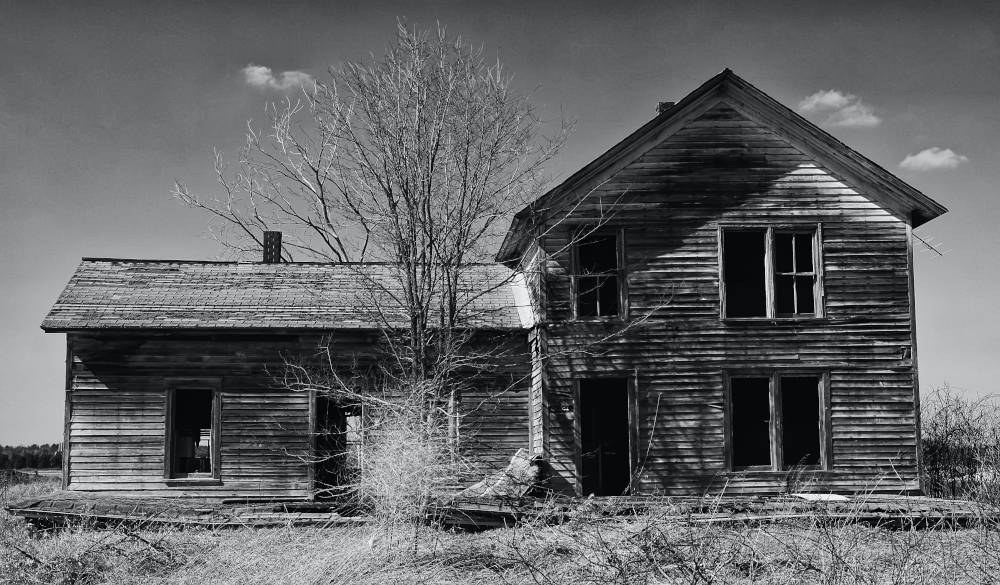
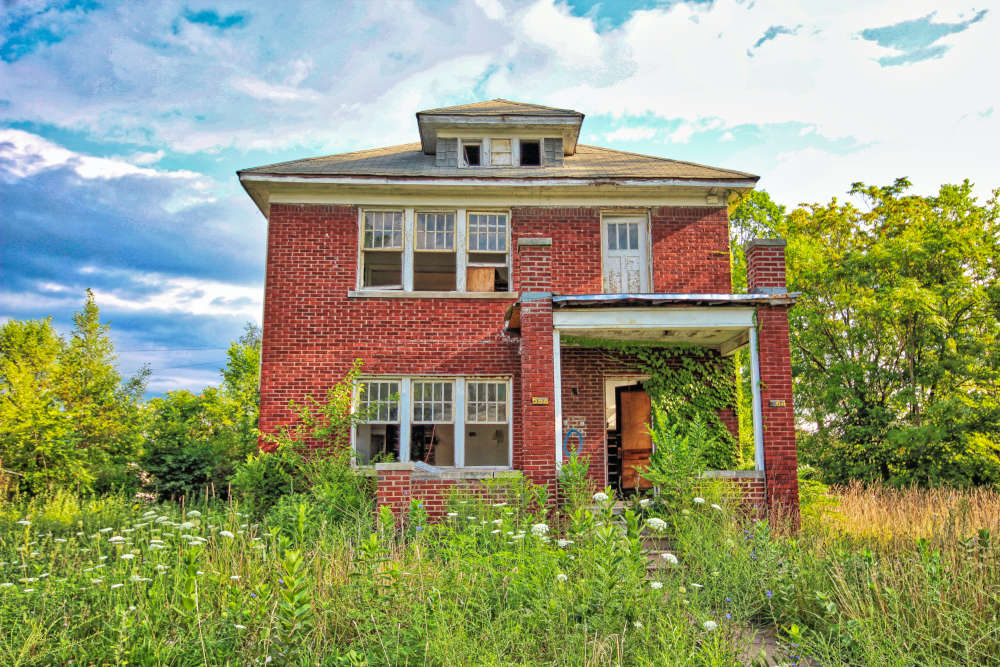


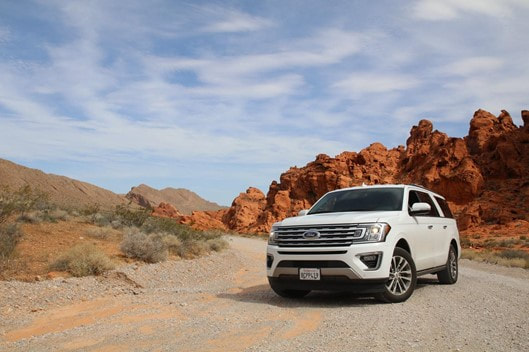


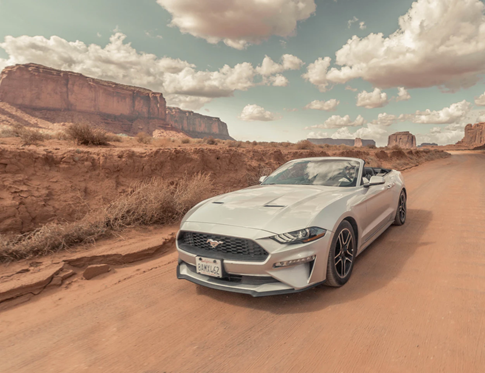
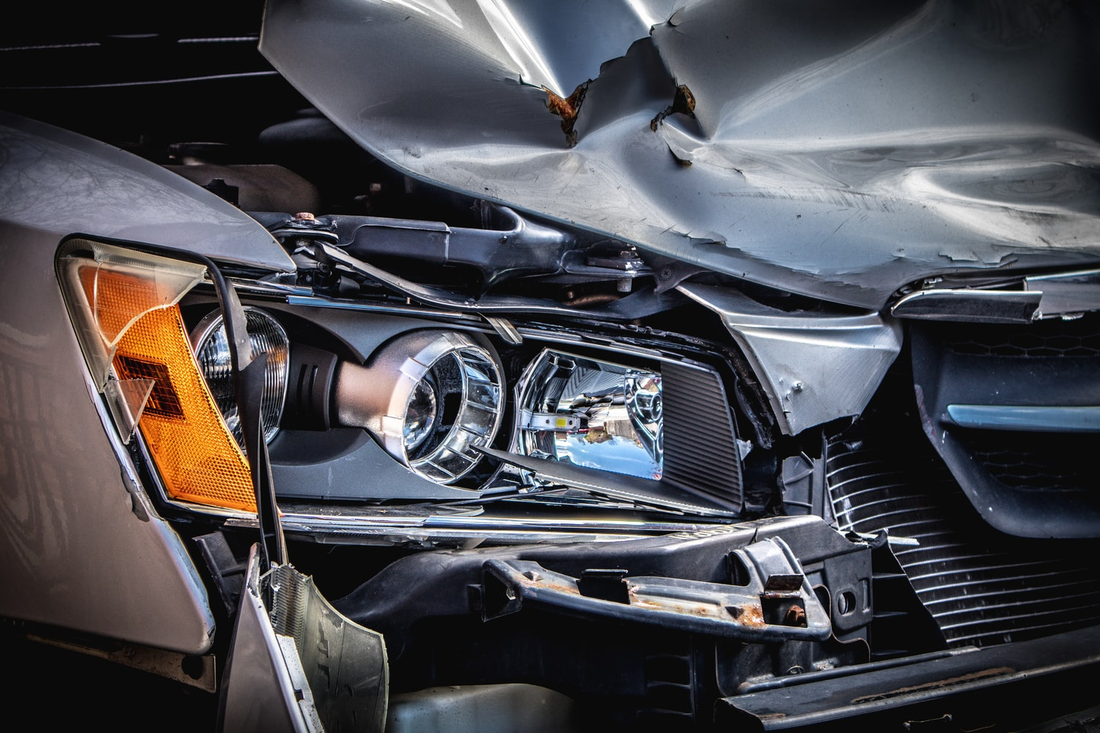
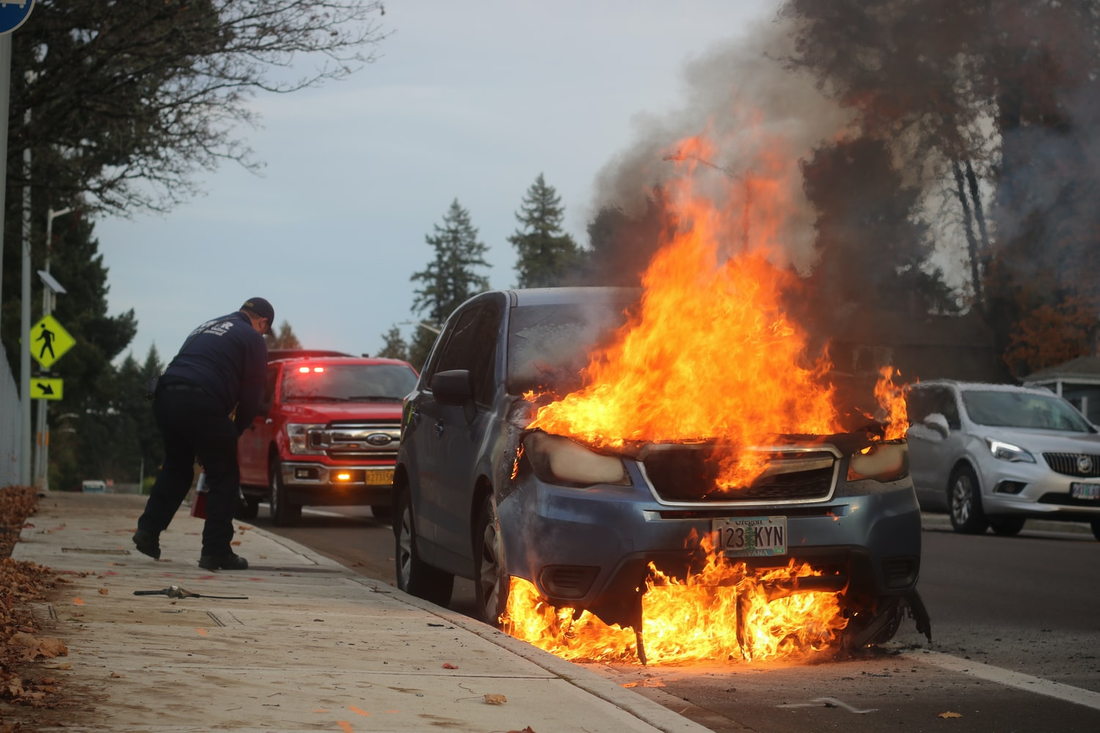


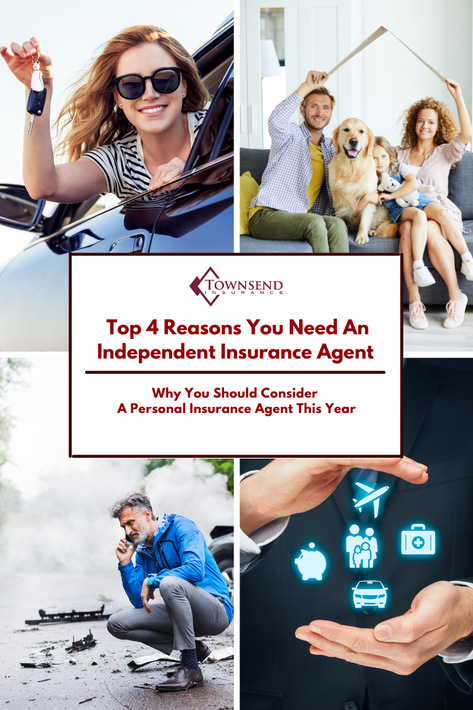





 RSS Feed
RSS Feed